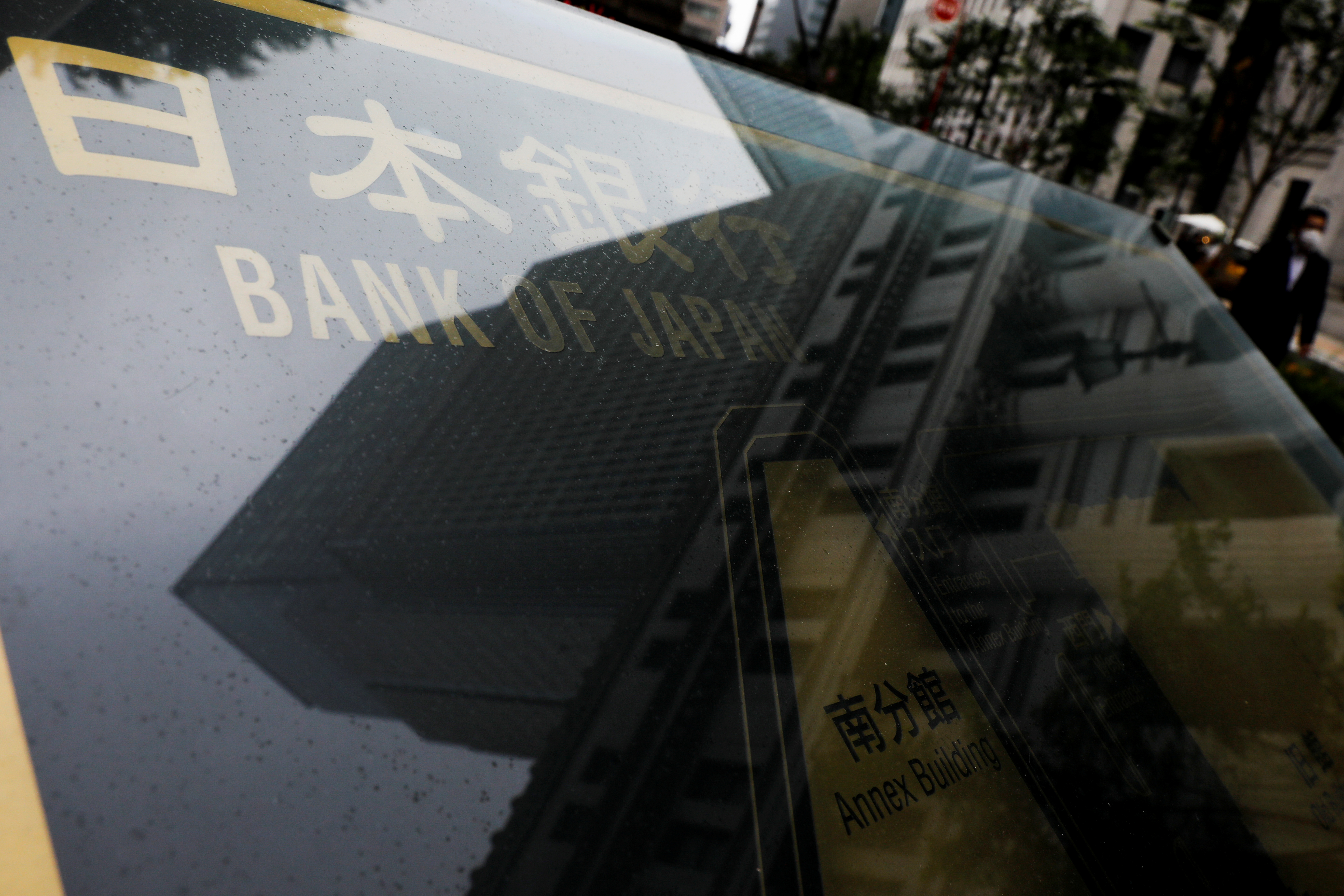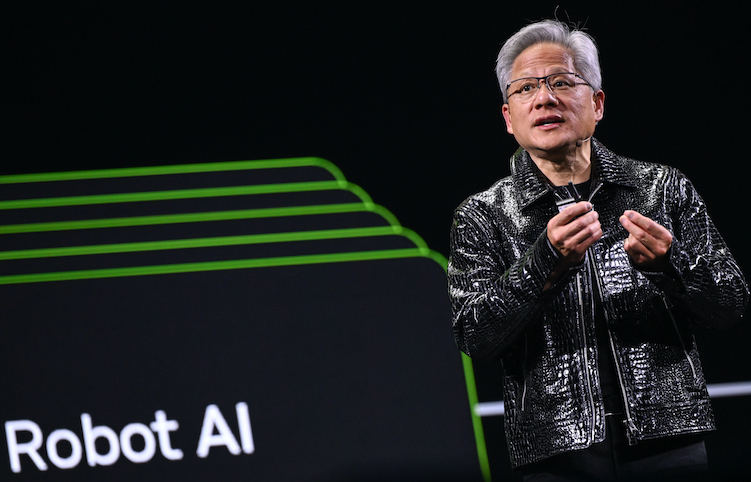(ATF) In a rare arrangement to ensure it has enough ammunition to combat any market disruptions caused by a recent resurgence in coronavirus infections, the Bank of Japan (BOJ) said it will open up $6 billion from a government account.
Under this extraordinary arrangement, the central bank will buy dollar cash from the Ministry of Finance (MOF) any time through to the end of March next year at the prevailing market exchange rate at the time.
This wouId be the first time the central bank has purchased dollars outright from the MOF, underscoring the central bank’s caution on the risk of renewed dollar-funding strains heading into the end of the year.
The move is “in preparation for smoother execution of the Bank of Japan’s operations, such as international financial cooperation and foreign currency supply to financial institutions,” the BOJ said in the statement.
The decision will likely give the BOJ flexibility to address any dollar shortages that domestic financial institutions face ahead of the year-end and the March closure of Japan’s fiscal year.
“Dollar funding is not a problem now, but perhaps it could become a problem in the future. This is a reasonable move for the BOJ,” said Tohru Sasaki, head of Japan markets research at JP Morgan Securities.
“In the past, the BOJ has relied on the Federal Reserve. But if they do this transaction with the finance ministry they don’t have to rely on the Fed,” he said.
Smart move
The MOF, for its part, can use the yen proceeds to pay for the rising cost of servicing Japan’s huge public debt and diversify its foreign reserves by adding more gold, analysts said.
“The MOF wanted to raise yen and the BOJ dollars, so it was a win-win situation for both. By trading with each other internally, they could avoid affecting the currency market,” Izuru Kato, chief economist at Totan Research, said.
The MOF currently holds $1.3 trillion in foreign currencies, deposits and securities, as well as $43 billion worth of gold.
But Japan’s economy is also sinking in its worst post-war contraction in the third quarter as the coronavirus jolted businesses more than initially thought.
Preliminary numbers that emerged last week indicated that Japan’s Q3 GDP shrank -5.9% year-on-year, as the broadening impact of the pandemic drove Japanese consumers and businesses to tighten their belts.
For example, household consumption in Q3 declined by 7.8% year-on-year (YoY) and business investment (in fixed capital) declined by 10.5% YoY, according to Rabo Research.
However, the main culprit behind the slide was the 15.7% decline in exports largely due to weaker US and China-bound shipments, which also shows that the world’s third-largest economy is recovering at a slower pace.
Japan’s exports have failed to match the strong recoveries seen in major Asian manufacturing rivals China and South Korea, which have benefited from brisk global demand for technology that enables remote working during the pandemic.
In contrast, analysts said Japanese manufacturers face challenges selling high-value capital goods, such as factory machinery, to overseas markets at a time when growing demand for consumer goods is driving the recovery in many of those economies.
By destination, shipments to the United States contracted for the first time in three months, falling 2.5% in November versus the same month a year earlier, as weak demand for aircraft equipment helped offset higher car exports.
Exports to China, Japan’s largest trading partner, rose at the slowest pace in five months, growing 3.8%, driven by communication devices.
Shipments to Asia fell for the first time in two months, decreasing 4.3%, while those to the European Union dropped 2.6% in November.
Private sector optimistic
Yet, as Japan’s factory activity came within striking distance of stabilisation in December, private-sector businesses are also optimistic that conditions will improve in the year ahead despite short-term challenges posed by the pandemic.
The au Jibun Bank Flash Japan Manufacturing Purchasing Managers’ Index (PMI) rose to a seasonally adjusted 49.7 from a final 49.0 in November, shrinking at the slowest pace in 19 months.
The headline index came within reach of the 50.0 threshold that separates contraction from expansion, largely thanks to reduced contractions in output and new orders as well as a modest improvement of employment conditions.
“The expectation (is) that there would be an end to the pandemic, which would fuel both domestic and international demand,” said Usamah Bhatti, economist at IHS Markit, which compiles the survey.
The government is trying hard to pull the country out of the economic crisis and battle the pandemic. Last week, it announced a $708 billion economic stimulus package to help aid a recovery through boosting investment in new growth areas such as green and digital innovation.
The new package will include about 40 trillion yen ($384.54 billion) in direct fiscal spending and initiatives targeted at reducing carbon emissions and boosting adoption of digital technology.
“We have compiled the new measures to maintain employment, sustain business and restore the economy and open a way to achieve new growth in green and digital areas, so as to protect people’s lives and livelihoods,” Prime Minister Yoshihide Suga said while announcing the package.
Suga added the fresh stimulus will boost Japan’s GDP by around 3.6%.
(With reporting by Reuters)
























